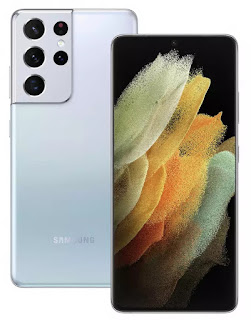Simple laptop buying advice.
If you're not on a budget, buy a Mac and don't worry about the specs. Mac computers are the user friendly alternatives to PC's. They're quicker to learn, more intuitive, and less prone to failure. People may disagree, but I've been using them for over 10 years and they're my go-to solution for everything. If you are on a budget, let's keep this simple, if you've found a website that sells laptops, it's likely got some filters on it, here's what I'd set my filters to, if I was looking for the best value for money I could find. For each category, the filter I'd set is in bold. In order of importance. Select the Laptop/Windows option. Windows PC's do everything a Chromebook can, and more. Chromebooks used to be significantly cheaper, now that seems less like that's the case. Be on the lookout for Windows S though, it only allows apps to be installed from Microsoft marketplace. Number one priority Buy a machine with an SSD (sol
